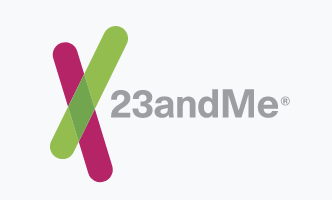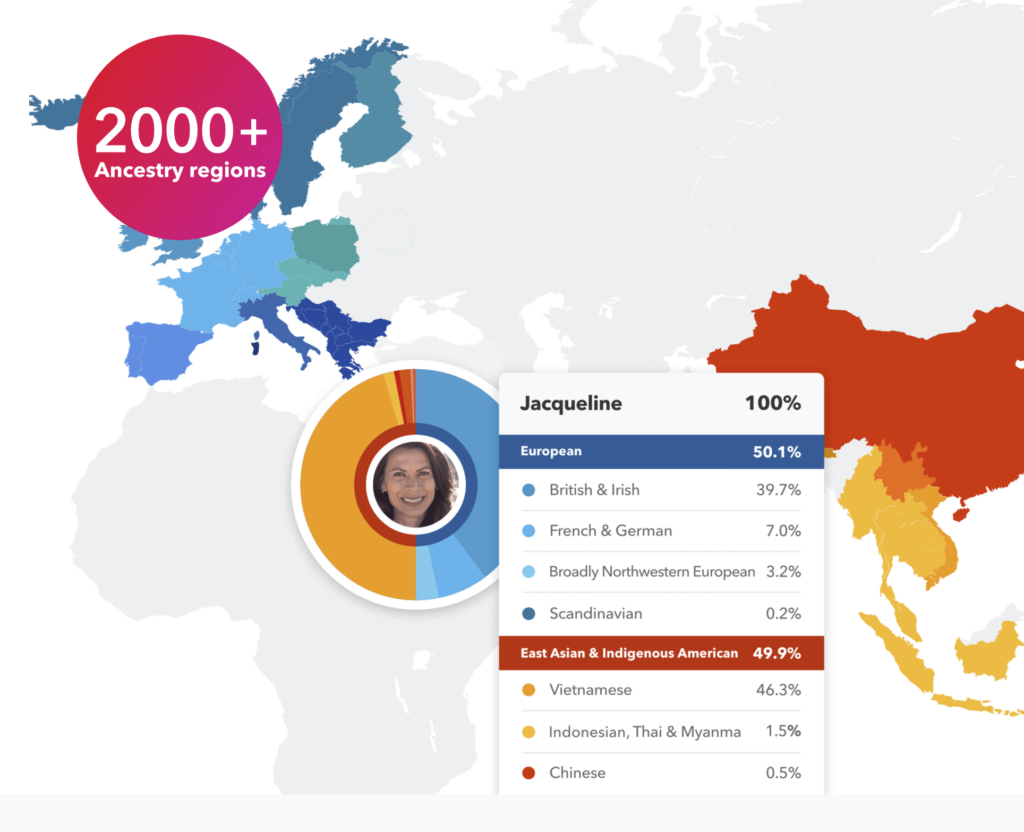23andme – “Discovering who you are”

23andme – “Discovering who you are”
Who are they? For centuries, people have been trying to learn more about themselves and where they came from. Now, especially in the digital and data age, one company – 23andMe – has propelled this initiative and we are all easily able to learn more about ourselves, our families, where we originated from, and so much more.
Founded in 2006 by Paul Cusenza, Linda Avey, and Anne Wojcicki, the company focused on a very simple but important concept – provide consumers with a way (at home testing kits) to learn about themselves via genetic testing.
The name 23andme was based on the company’s ability to analyze your 23 pairs of chromosomes and learn about your DNA. The company now boasts that they have data covering 2000+ global regions, they allow you to connect with relatives around the world, download and share reports with friends and family, and also understand how your own DNA influences who you are mentally and physically.
How does it work?


Why is 23 and me so successful? Why have numerous investors, including Google, invested in this company? Well, out the gate, the founders and the investors understood that the data was key – they knew that the data that was being collected by individuals was extremely powerful and once a profile was created and it was analyzed, they could start to understand trends, traits, health issues, and hundreds of other important data points just based on a simple saliva swab. And, they understood the power in numbers – the more people that used the service, the more they were able to understand what people’s profiles look like across the globe.
This is where the company turned the corner and became extremely unique and took their offering to the next level. With approximately 3,000,000+ users and growing, 23andme was able to offer a service that shared your basic DNA profile with yourself, provided a mini health screening, and also an ancestry service. While a combination of these offerings has wavered over the last decade, one thing has stayed true – an easy way to learn about yourself by simply doing an at home kit.
Over the last decade, we have seen a massive shift in digital innovation and the power of social networks. 23andme has found a way to not only provide individuals with their custom profiles but also use that to build a community and help people learn about their communities and networks. Similar to what Google, Uber, and Facebook have done with data and personal profiles, 23andme has found a sweet spot which is now expanding also into health and wellness.
What’s next? With millions of data points, the company is able to benefit the consumers and society broadly due to all of the personal information they have collected. Granted, this has been a point of contention with the FDA and other regulatory groups across the globe but they have still have found a way forward. The desire that consumers have to learn more about themselves seems to trump most of the privacy concerns. Rarely do we find consumers reading all of the terms and conditions and choosing not to engage with the service.
23andme is a leader in this vertical due to their ability to capture global data, provide custom insights, spin up strategic partnerships – such as with hospitals and other health and research agencies – and this is only the beginning.



This is a great company to highlight because of the unique type of data that they hold–private and personal health. While the aforementioned privacy concerns are paramount and truly an issue to think about, I wonder how if and how this data would be utilized by third parties. For example. despite its discriminatory foundations, I’m sure insurance companies would like this information and would be willing to provide lower premiums to those not predisposed to serious illnesses. Perhaps most importantly however, this incredibly valuable and personal data makes me wonder how it is being protected. We are seeing a rise in biometric data collection which is seemingly impossible to replace (unlike a bank card, for instance). What about those who do not take the test for privacy concerns but, due to a family member taking it, are now part of the “data bank”? Lots to consider with this type of treasure trove of data. Thanks for sharing!